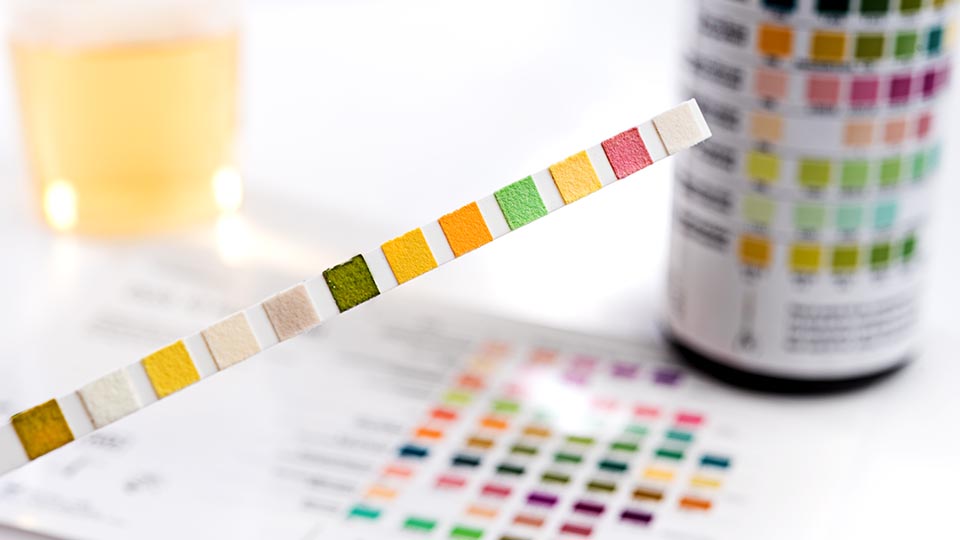Ever since the Reagan-era “War on Drugs,” the rules on drug use in the workplace have been rather clear. Following in the footsteps of Congress, which implemented a drug-free workplace initiative, many companies turned to drug testing and took a firm stance against any type of illicit substance use.
Now, as more states legalize recreational marijuana, it raises new questions about drug testing and what kind of policies companies need to put in place—and which ones should be eliminated.
While legalization means wider acceptance, not all employers are ready to allow its use. For some, it’s a safety measure; workers whose jobs involve operating heavy machinery will still be subject to regular drug testing, since their usage could put others at risk. And, for federal employees, the no-drug policy stays in effect.
Federal law also still requires drug testing of truck drivers, airplane mechanics, and luggage handlers. Oil and gas exploration workers, bus drivers and train conductors are also among those who will be tested in the interest of safety.

California as a Case Study
In California, the passage of Proposition 64 creates a sort of varied patchwork of policies and protocols among employers. While employees may immediately think that legalization means they can enjoy cannabis without consequences, it’s not quite that simple.
Proposition 64 clearly spells out that companies have the right to “enact and enforce workplace policies” when it comes to marijuana use. Employers have the right to prohibit their use and are responsible for creating guidelines that spell out whether or not it is acceptable. In particular, tech companies in Silicon Valley are expected to continue taking a “don’t ask, don’t tell” approach to cannabis use.
According to John Sullivan, who heads up the Human Resources Management Program at San Francisco State University, many tech companies had already done away with drug testing because it could eliminate key creative members of their workforce.

“It affects recruitment and retention,” he told The Californian newspaper in 2016. Usage has long been commonplace among white-collar tech workers and now, with the passage of Proposition 64, that usage has likely increased—and will continue to do so. Companies who want to attract young, talented workers will be less successful at doing so with drug testing policies in place.
Drug testing, in itself, presents a unique set of challenges. Unlike alcohol, which has set measurements to indicate the impairment level of users, cannabis doesn’t have a similar measurement. And unlike alcohol and even heroin, which are quickly flushed out of the body after consumption, cannabis’ active ingredient, THC, is stored in body fat for 30 to 45 days after use.
So even though drug testing may indicate marijuana usage, it can’t tell employers when it was used. Unlike alcohol, testing positive for cannabis is not synonymous with impairment.

Changing the Rules
With 20 percent of Americans now living in states where cannabis is legal for recreational purposes, more companies across the country will find themselves needing to rethink their policies. In Colorado, following the legalization of recreational cannabis in 2014, about 20 percent of employers stepped up their testing and tightened their testing policies. They quickly found they faced a challenge in finding drug-free applicants to fill positions.
They quickly found they faced a challenge in finding drug-free applicants to fill positions.
And that may be exactly what keeps tech and other white-collar companies from implementing drug testing. Intel, Google, Facebook, Twitter, and Hewlett Packard are among the tech leaders that don’t test employees.
For the most part, companies are going to be satisfied with knowing employees are productive and creative at work and be less concerned about whether or not they’re consuming cannabis in their downtime.
Along with the tech sector, major companies like Auto Nation Inc. and The Denver Post have ditched drug testing in hopes of not restricting the talent pool. In an already tight job market in which employers are competing for top talent, and in a time when 64% of Americans are in favor of legalization, drug testing appears to be on its way toward becoming just another obscure ‘80s artifact.



